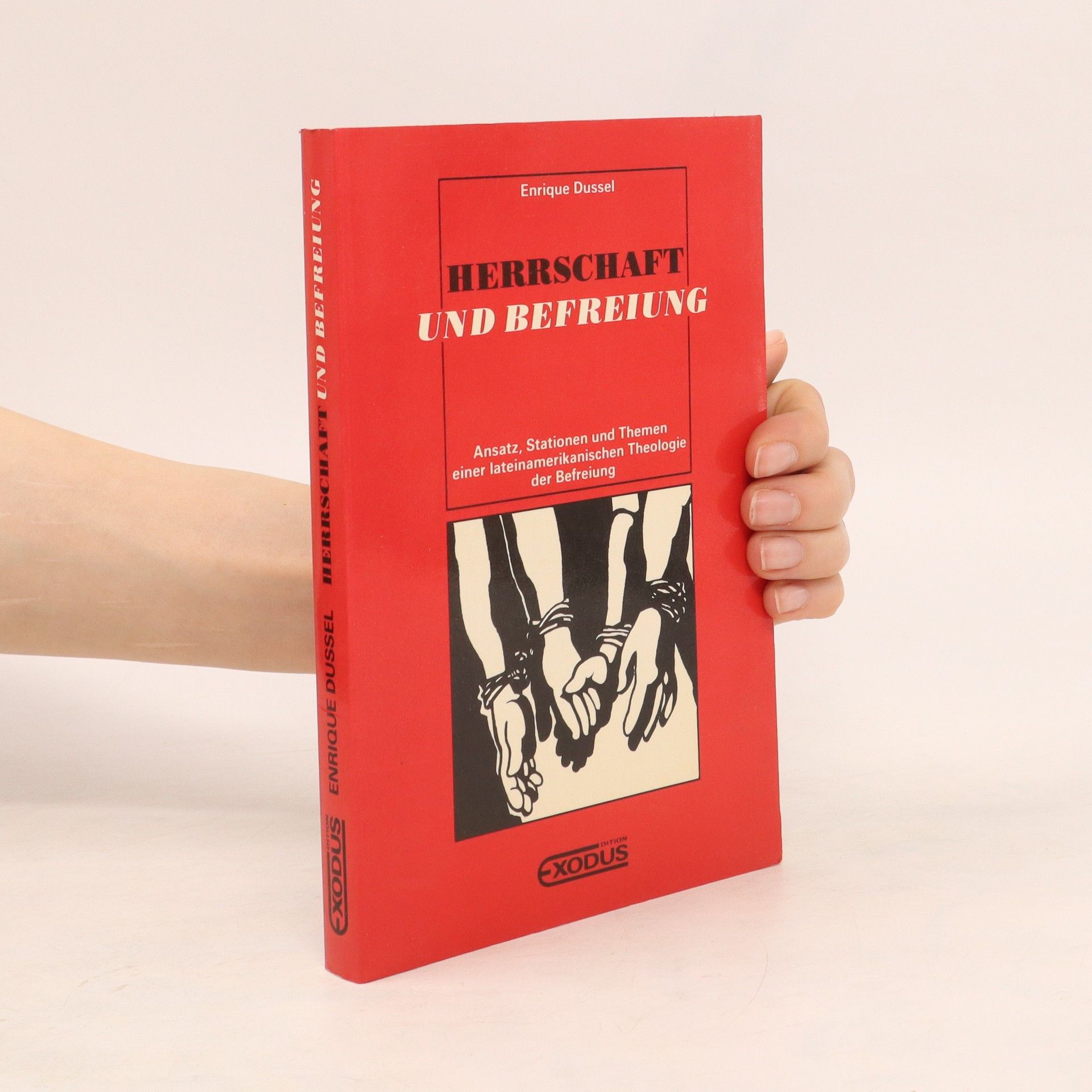Herrschaft und Befreiung
Ansatz, Stationen und Themen einer lateinamerikanischen Theologie der Befreiung
Enrique Dussel ist eine Schlüsselfigur der Befreiungsphilosophie, einer von ihm mitbegründeten Bewegung. Seine Arbeit befasst sich hauptsächlich mit den Bereichen Ethik und politische Philosophie und erforscht tiefgreifende Fragen der Gerechtigkeit und gesellschaftlicher Strukturen. Durch seine rigorose Gelehrsamkeit bietet Dussel kritische Perspektiven, die etablierte Normen in Frage stellen und transformative Veränderungen befürworten, wodurch seine Beiträge für den zeitgenössischen Diskurs äußerst relevant werden.



Ansatz, Stationen und Themen einer lateinamerikanischen Theologie der Befreiung
Presents a rationale for the development of political alternatives to the exclusionary, exploitative institutions of neoliberal globalization. This work lays out the foundational elements for a politics of just and sustainable co-existence. It explains the political principles of liberation and addresses matters such as reform and revolution.